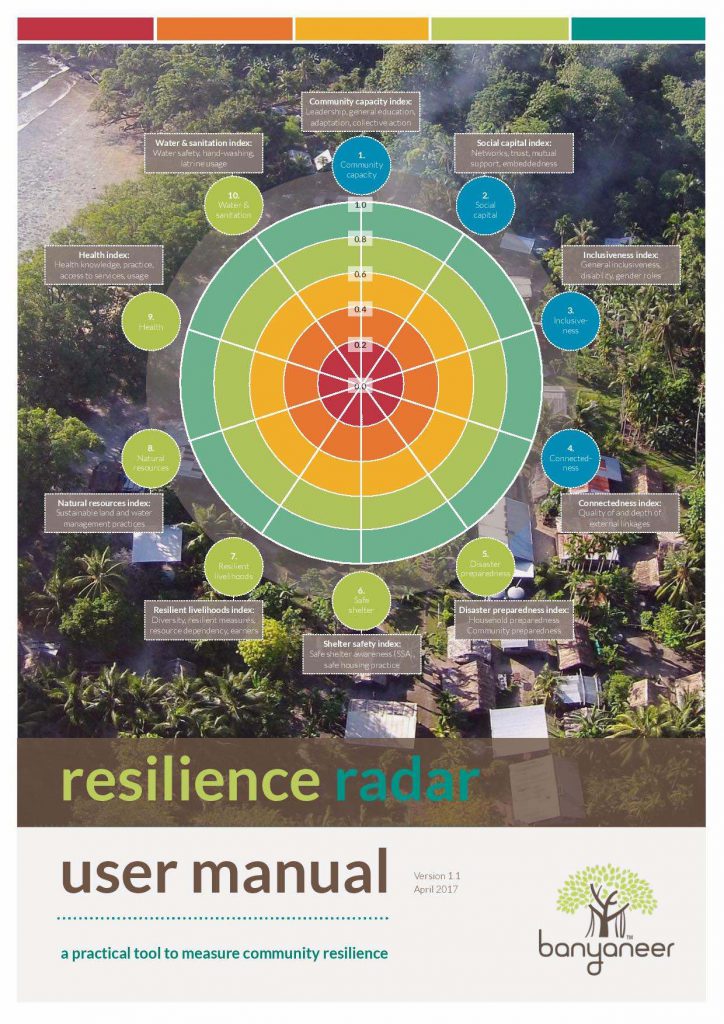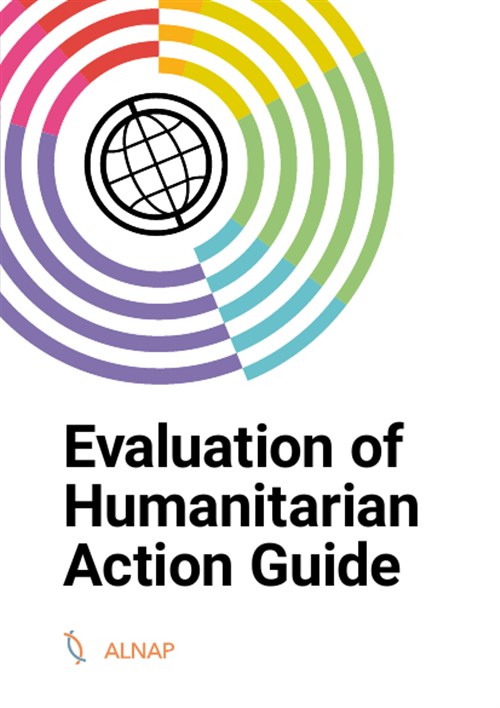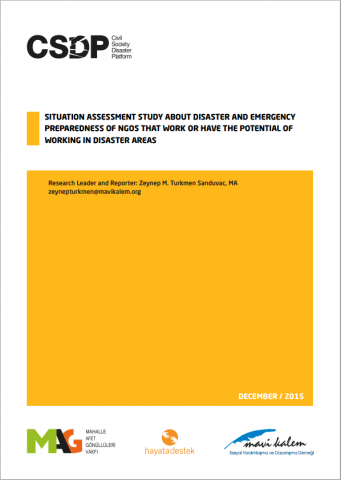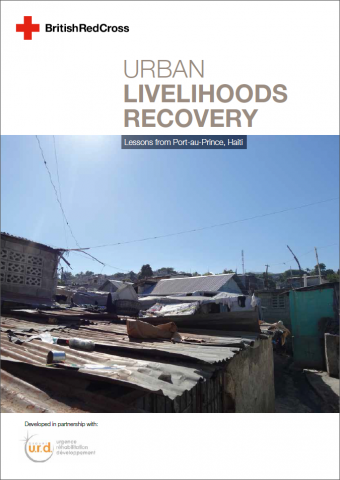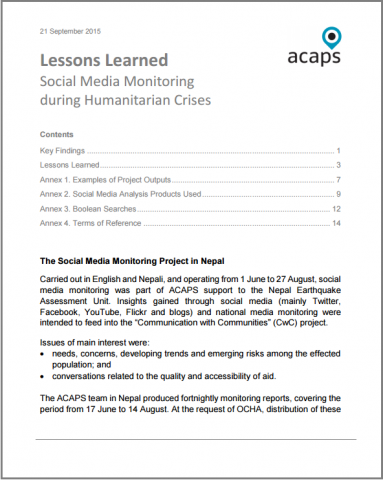Présentation des Lignes directrices relatives à la facilitation et à la réglementation nationales des opérations internationales de secours et d’assistance au relèvement initial en cas de catastrophe
En novembre 2007, la XXXe Conférence internationale de la Croix-Rouge et du Croissant-Rouge a adopté à l’unanimité un ensemble de recommandations visant à aider les gouvernements à élaborer leurs réglementations en matière d’opérations internationales de secours en cas de catastrophe : les Lignes directrices relatives à la facilitation et à la réglementation nationales des opérations internationales de secours et […]

